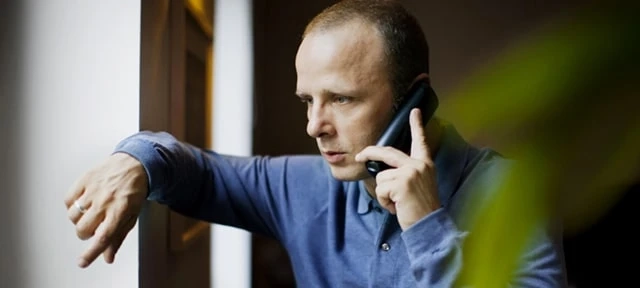Your child uses soft drugs?
Whether \'soft\' or \'hard\', all drugs can be addictive. To avoid this, it is better to do it early.Regular and repeated use of a drug ...


Whether \'soft\' or \'hard\', all drugs can be addictive. To avoid this, it is better to do it early.Regular and repeated use of a drug ...

